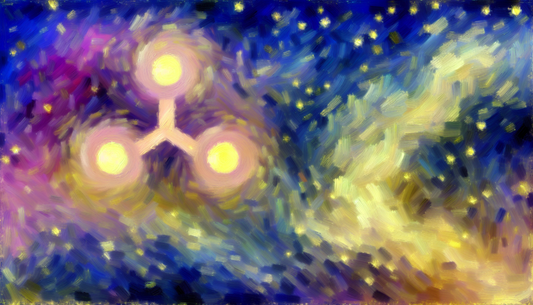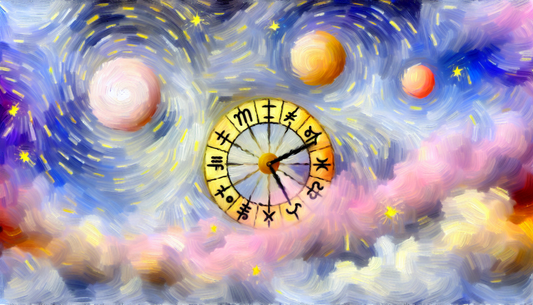The Hungry Ghost Festival, or Zhongyuan Jie, is a deeply significant event in Chinese culture. It symbolizes a time to honor and appease the spirits of the deceased, particularly those who may not have received a proper burial or have lingering attachments to the earthly realm. Occurring on the 15th night of the seventh lunar month, it is a time for reflection, remembrance, and the exploration of the spiritual connections that transcend the physical world.
The legends surrounding the Hungry Ghost Festival emphasize the belief that during this time, the gates of the underworld open, allowing spirits to roam the earth. Special rituals, offerings, and ceremonies are performed to quench their hunger, and families prepare elaborate feasts to invite these spirits to partake. This rich tapestry of tradition weaves together spiritual beliefs, communal bonding, and reverence for ancestry, and interestingly, it also intersects with the Chinese zodiac influences through its practices and the behaviors associated with each zodiac sign.
The Spiritual Beliefs Behind the Hungry Ghost Festival

The Hungry Ghost Festival is steeped in ancient beliefs that emphasize the interconnectedness between the physical world and the spiritual realm. The festival serves as a reminder of mortality and the importance of honoring one’s ancestors. It is believed that neglecting to respect and appease the spirits can result in misfortune. Thus, families prepare food offerings, burn incense, and make paper products that the spirits can "use" in the afterlife.
Rituals vary among families and regions. Some families may participate in public ceremonies to release incense and food to the spirits, while others prefer more private gatherings. Families might also leave plates of food on a table set out for their ancestors as a way of welcoming them back for the evening.
This festival emphasizes compassion, gratitude, and a sense of responsibility toward past generations. The notion of "hungry ghosts" reflects the unsettled nature of spirits who may feel lost, neglected, or unloved in the afterlife - an idea that resonates deeply within communities as they come together to show respect and provide solace.
The Zodiac Influences on Celebrations

The Chinese zodiac, consisting of twelve distinct animals, plays a pivotal role in individual personality traits, relationships, and cultural practices. Each zodiac sign can influence how individuals and communities navigate the Hungry Ghost Festival, impacting choices regarding rituals, offerings, and family gatherings.
For instance, those born under the sign of the Rat tend to prioritize family bonding and emotional connections. They may take it upon themselves to lead ancestral remembrance activities, highlighting their natural inclination towards nurturing relationships. On the other hand, those born under the sign of the Horse, known for their spirited and adventurous nature, may approach the festival with a more celebratory and festive demeanor, integrating lively music and dance into the gathering.
The connection between the zodiac and spiritual beliefs can also manifest in the kinds of offerings individuals choose to present. For instance, individuals belonging to the Snake sign might opt for foods that are deemed more "elegant," reflecting their appreciation for beauty and sophistication. Meanwhile, those associated with the Ox may prepare hearty meals, emphasizing stability and reliability in their offerings.
Honoring Our Ancestors: A Cultural Tapestry
The Hungry Ghost Festival underscores the broader cultural tapestry that nurtures a community's relationship with both the past and present. The annual cycle of honoring ancestors reinforces cultural values of gratitude, respect, and familial duty. Each zodiac sign, with its unique characteristics, adds layers to how individuals engage with this festival.
Even as modern lives become increasingly hurried, the festival provides a moment of pause, allowing individuals to reflect on their heritage and the significance of kinship. For many, it creates an opportunity to share stories about loved ones who have passed, fostering a sense of belonging and connection through shared experiences.
Conclusion: Reflecting on Spirituality and Tradition
The Hungry Ghost Festival is not merely an annual event; it represents a profound spiritual belief system intertwined with cultural traditions, all the while being influenced by the traits inherent in the zodiac. While the rituals may seem melancholic, they are, in fact, celebrations of life, remembrance, and the persistent bonds between the living and the dead.
As you engage with this festival, consider how your zodiac influences your approach to honoring your ancestors. Reflect on the richness of your heritage and the stories that shape not just your identity, but the communal fabric of your culture. Embrace this time as a chance for renewal, gratitude, and acknowledgment of the spiritual connections that guide your own journey through life.















